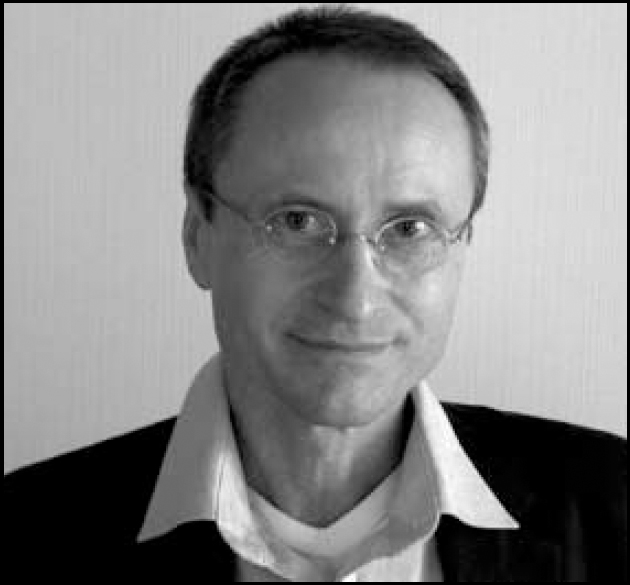
Wulf Rössler is Professor of Clinical and Social Psychiatry at the University of Zurich and Clinical Director at the Psychiatric University Hospital ‘Burghölzli’. He trained at the Central Institute of Mental Health in Mannheim and has a master’s degree in psychology. His special interests include epidemiology and research into stigma and psychiatric services.
If you were not a psychiatrist, what would you do?
I would be a photographer.
What has been the greatest impact of your profession on you personally?
Being able to understand people better (at least I try).
Do you feel stigmatised by your profession?
Absolutely not. I enjoy being different.
What are your interests outside of work?
I do not separate working time from the rest of the day. As such I read and talk to people all day long, but get paid only for part of it.
Who was your most influential trainer, and why?
There was more than one. Heinz Häfner taught me to think analytically, Jules Angst fostered my interest in epidemiology and Norman Sartorius educated me to remain curious and creative in research.
What job gave you the most useful training experience?
Working as a resident in an acute neurological hospital gave me the confidence to work in psychiatry.
Which book has influenced you most?
Thomas S. Kuhn’s book The Structure of Scientific Revolutions. I learnt from him that scientific knowledge does not grow continuously but comes and goes in paradigmatic cycles, as in social psychiatry in the’60s and’70s or in genetics since the’90s. I am awaiting new exciting cycles.
What research publication has had the greatest influence on your work?
My very first publication, Schizophrenia Viewed from Attribution Theory. It was only cited three times but I still love it.
What part of your work gives you the most satisfaction?
Exciting new research.
What do you least enjoy?
Conventional research. But this approach might be more successful.
What is the most promising opportunity facing the profession?
There is not another medical discipline unifying so many aspects of the human situation in one.
What is the greatest threat?
There is not another medical discipline where one can get away with very little training and education.
What single change would substantially improve quality of care?
Abandon paternalism (I admit that’s a tall order).
What conflict of interest do you encounter most often?
Choosing between my clinical and research interests.
Do you think psychiatry is brainless or mindless?
I only know some brainless or mindless psychiatrists.
How would you entice more medical students into the profession?
I would tell them that psychiatry is an evidence-based medical discipline not a religion.
What is the most important advice you could offer to a new trainee?
That we treat individuals not brains.
How would you improve clinical psychiatric training?
Psychiatric training is based substantially on learning by doing. But clinical psychiatry has developed into a demanding discipline where many new specific skills and knowledge are required, for example in neuropsychology or neuropsychopharmacology. Clinical training has to improve in this respect.
What single change to mental health legislation would you like to see?
On mainland Europe social care and healthcare are strictly separated with deleterious consequences for the chronically mentally ill. A change of this practice is a dream, the current practice is a nightmare.
What is the future for psychotherapy in psychiatry training and practice?
There are some well-researched general factors making psychotherapy efficient, such as a positive therapeutic relationship, encouragement, optimism - all factors we know from our daily work in psychiatry. Therefore there is no future for psychiatry without psychotherapy.
What single area of psychiatric research should be given priority?
I only can say what at present has high priority for me: research in social cognition, which is a fascinating extension of current cognitive approaches.



eLetters
No eLetters have been published for this article.